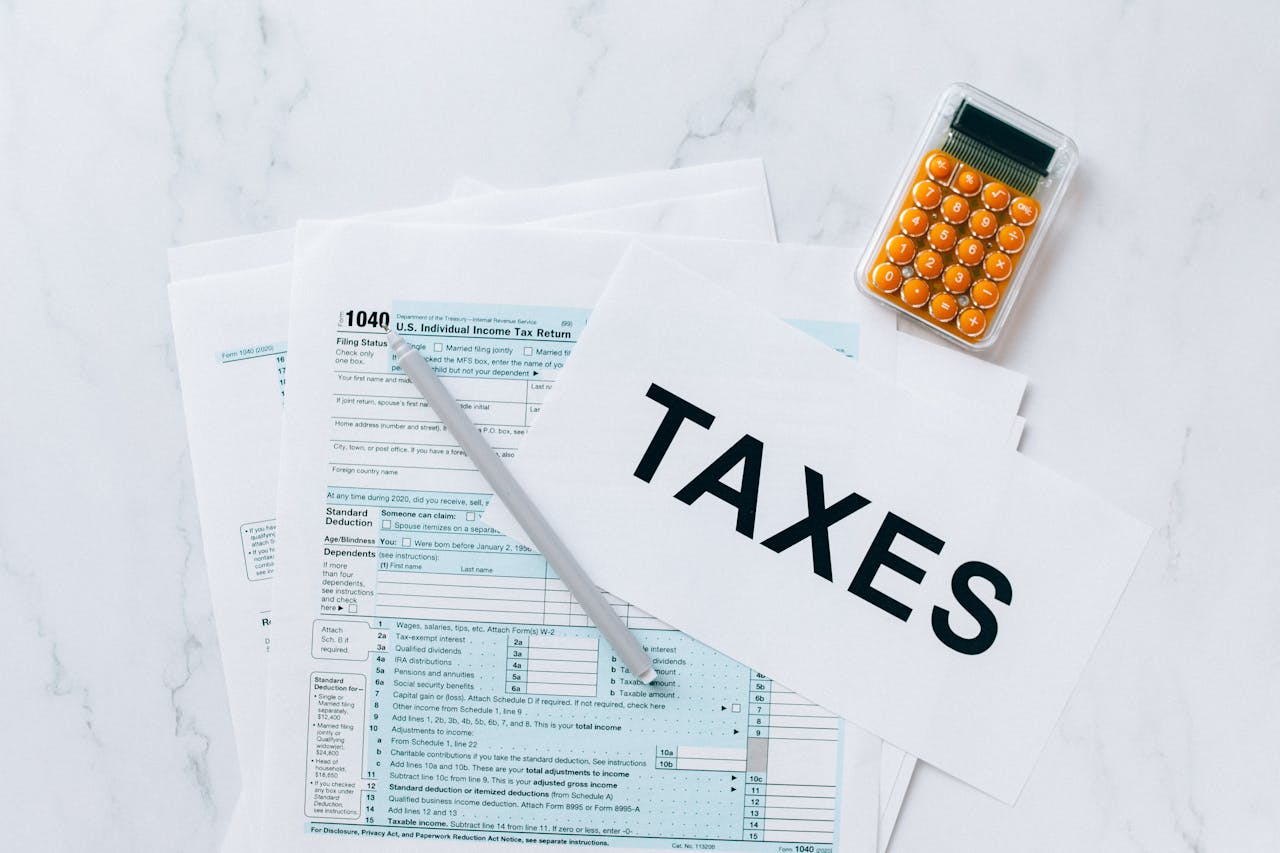The United States’ Internal Revenue Service (IRS) has restated its stance that staking reward received is not considered new property, in opposition to a court case that aimed to delay taxation until the rewards were sold or exchanged.
As reported by Bloomberg on December 23rd, the agency rejected arguments made in a second lawsuit by Joshua and Jessica Jarrett.
The IRS argued that the rewards should be considered taxable income at the moment they are received. Their response read: “Revenue Ruling 2023-14 states that taxpayers who receive staking rewards must report them as income at the fair market value upon having the ability to sell, exchange, or otherwise dispose of them.”
Staking is a process where an individual locks up their cryptocurrency in a smart contract to help validate blockchain transactions and secure the network. In return, they earn rewards, usually in the form of more cryptocurrency. It offers a method for earning passive income from holding digital assets.
According to the IRS’s 2023 guidance, block rewards, including staking, are considered “income” from the moment they are generated, and the tax is based on the estimated market value of the tokens at that time.















